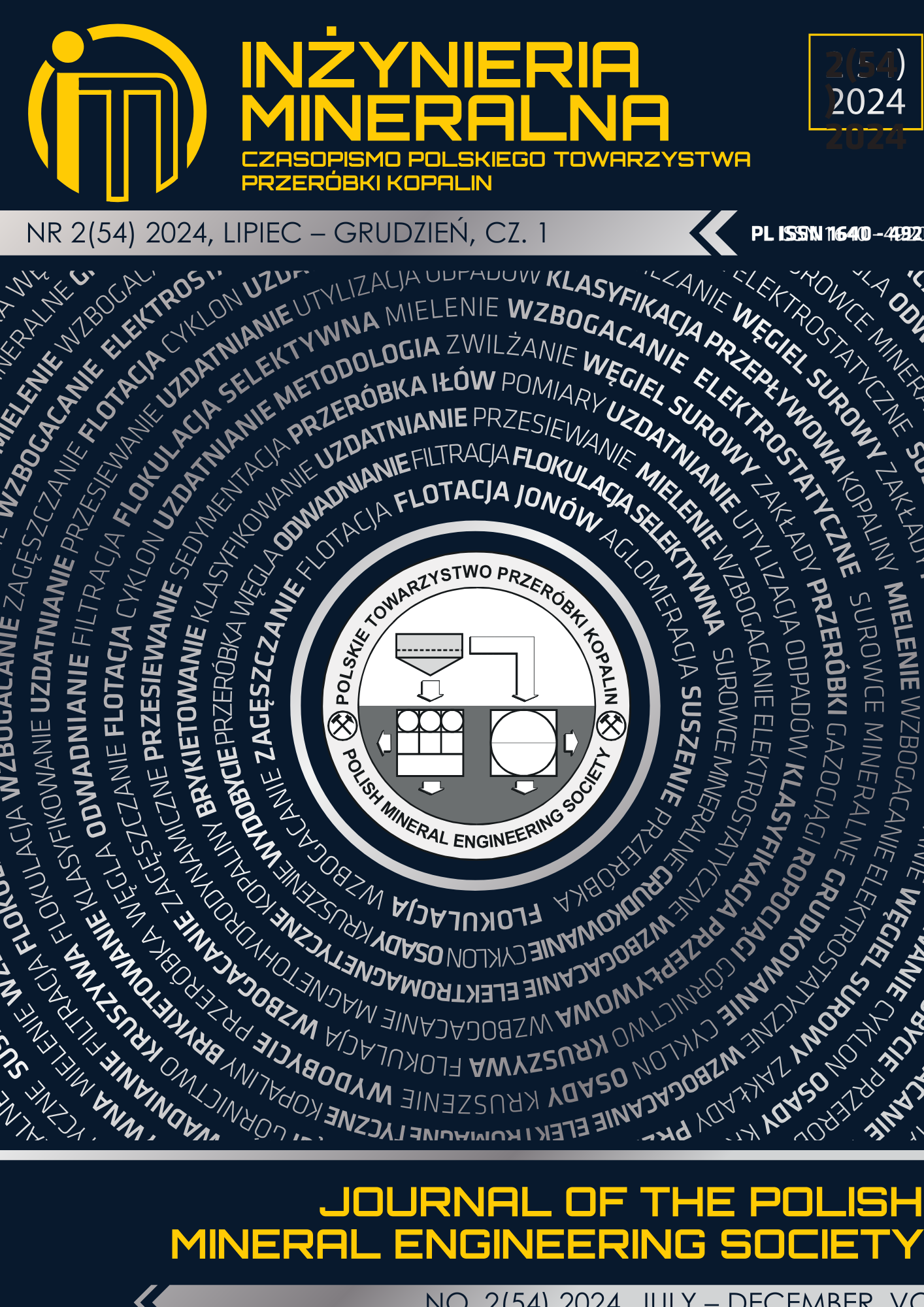Evaluation in the Transport Sector and SDGs
Abstract
This paper aims to verify the impact of transport infrastructures and services on realisation the UN sustainable development goals. The purpose is to propose a methodological literature review of the evaluation tools, on one side, and an analysis of case studies referred to some European countries, in particular Italy and Poland with the geographic dimension of the urban scale. This research gives evidence to the most recent methodologies which help evaluators and policy-makers to measure the link between the transport endowment and public expense allocated on this sector and how they contribute to reach SDGs. Therefore the research questions are: - how do we measure and evaluate the impact of the transport sector on SDGs? What has been done in Europe to reach the SDGs? Do we have best practices in Europe at urban level with regard to local transport? The results highlight that the methodologies currently in use are extremely refined and allow us to capture the measurement of impacts and results in terms of SDGs. The scientific methodological review therefore helps us to select the right metrics for each local administration involved. Further, the results obtained indicate that the European Union countries have been improving their transport impact in the last years, even though there are still significant territorial imbalances. The case studies highlight these results. This is particularly true for those inefficient countries, whose results suggest they should improve the transport sustainability mainly by reducing the greenhouse gas emissions, and increasing the sharing mobility in favor of collective modes.
This journal permits and encourages authors to post items submitted to the journal on personal websites or institutional repositories both prior to and after publication, while providing bibliographic details that credit, if applicable, its publication in this journal.







.png)
